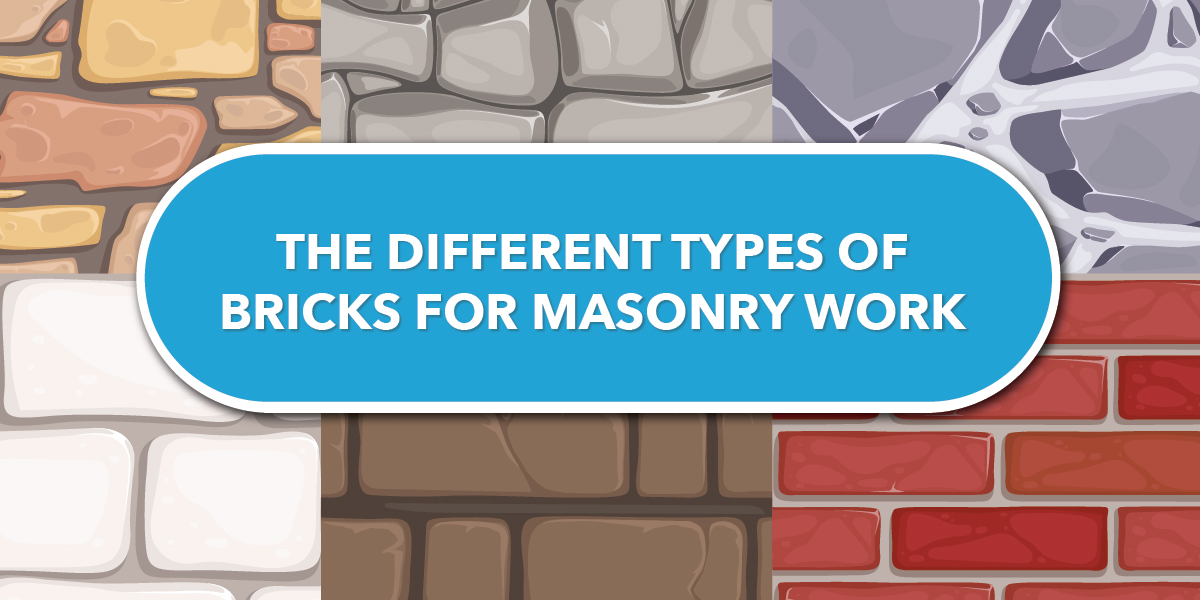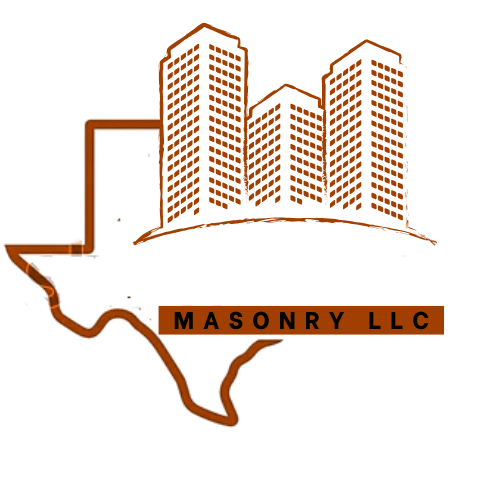Stone masonry has been popular for centuries and remains one of the elite forms of construction and art. This has been done for many years due to its strength, durability, and aesthetic value. For anyone planning to start on new construction using stone masonry construction, fixing , or even gaining conventional knowledge in stone masonry, it is invaluable to take into consideration such techniques in the construction of strong structures that will enable them to produce houses that shall stand for many years. This post will define the craft of masonry as well as discuss some of the techniques that have been innovated. What is Stone Masonry? It is the construction of structures by putting stones into appropriate forms for walling and other works including walls, pavements, and foundations. An example of construction masonry is the choosing, treating, and arranging of stones bonded with mortar or cement. Whether one is occupied with putting up a new stone masonry building or simply supporting a building through a repair wall, the practice will be similar. It is used in artistic designs and various functional applications. Stone Masonry Construction: The Basics Stone masonry construction usually requires maximum care, starting with choosing the appropriate material. The quality of stone specification has a crucial role in defining the structural strength of the building and its appearance. When proper stones are chosen, the bed or substructure must be ready and properly done for a strong foundation. The stones are followed by the structures design and the mortar is then used to bind the stones together. Intraditional stone masonry, a stone may be laid with no mortar at all, where the sheer mass and arrangement of the stone provide the only support required. However, most stone constructions are bound by mortar for security. Whether one is fixing stones in the construction of a foundation or wall, the right fixing techniques are significant to ensure that they last long. Traditional Techniques Skills inherent in stone masonry have been preserved over centuries and they are still applicable now. The oldest and one of the most efficient techniques is the non-mortise technique of the dry-stone walls. Dry stone walls are strong and generally applied in the construction of garden walls and fences The other conventional mansory technique is carving, in which artists sculpt rocks into design and any model. This technique has frequently been deployed in historical monuments, cathedrals, and palaces; thus, aesthetically enhancing the stonework. Although it has been associated with the strength and durability of structures, walls, and buildings today, it is more of an art of sculpture, design, and making beautiful structures that fit the environment. Stone Masonry Repair: Restoring and Maintaining Structures Periodically, structures made from stone materials may wear and tear, naturally by weather conditions or by contracting and expanding the structure foundations. It is necessary to repair these buildings because they need to last longer. The repair work generally includes the assessment of damaged locations with blemishes like cracked stones, joint openings, and poor mortar. Stone masonry is a work where actuality and aesthetics bear the same significance. The knowledge of the basic construction skills of traditional and stone masonry , as well as, the practical experience in masonry repair will prepare you for these tasks. Knowledge of these three factors must be achieved regardless of whether the construction is newly created or old, to obtain the beauty and durability of the structure. The durability and elegance of stone will remain an important factor in shaping construction for many years to come.
Understanding the Role of a Residential Masonry Contractor in Home Renovations
It is important to collaborate with the services of residential masonry contractors when one is planning to renovate their home. They are trained experts who deal with masonry products such as bricks, stones, and concrete to create or fix buildings with an emphasis on construction magnitude and elegance. Their knowledge caters to a balance between functionality and aesthetical designs making them invaluable during the renovations so that the new spaces can be functional and stylish. The Expertise of a Residential Masonry Contractor A residential masonry contractor ought to be knowledgeable and experienced about the properties and uses of different materials. They are skilled and experienced in offering construction technicalities and pragmatic experience when making structures such as walls, chimneys, patios, and decorative construction works. Their expertise in construction and engineering enables them to produce structures that are functional and architecturally consistent with the rest of the house. Key Responsibilities of a Masonry Contractor in Home Renovations Assessing Project Requirements Home masonry contractor certainly evaluates the objectives of the renovation before embarking on an assignment. This will include; structural requirements, material choices, and general outlook of the building as preferred by the homeowner. This first step helps to check the reflection of the renovation with functional and aesthetic requirements. Material Selection and Sourcing The contractor plays a crucial role in advising clients on which material to use for their construction purposes. From brick for the rural aesthetic, stone for class, to concrete for the contemporary, the masonry contractor ensures that the material proposed meets the use and costs of the project as they are durable. Construction and Repairs The core duty of a contractor is to perform the physical construction or repair task. This may include brickwork for a new wall, rehabilitation of a worn-out chimney, or making a stone walkway. Every task in the installation process involves careful work to have a long-lasting, and aesthetically pleasing finish. Ensuring Structural Integrity Security plays a crucial role in home renovations. A residential masonry contractor works to guarantee all masonry objects are safe for use and are constructed to endure various factors such as weather and earthquakes. Why Choose a Residential Masonry Contractor? Employing a professional masonry contractor affirms skills, and time, and produces quality work within the shortest time. They have skills in dealing with various materials and procedures that make your home renovations perfect in workmanship. They also respect state and local laws for construction on the building code to avoid alarms. The Impact of a Masonry Contractor on Home Renovations A masonry contractor in home renovations is crucially positioned since they bring out the changes to living areas. Whether structural support, fixtures, or ornaments, their efforts improve the utility, imperishability, and aesthetics of your home. When you hire a professional, all the masonry aspects of a renovation project are done with precision, enhancing the value of your home’s curb appeal. The selection of masonry contractors is therefore important to the achievement of your project goals. The professional must be experienced with positive feedback, enhanced license, and sample collection of their articles. Incorporating residential masonry services for home renovations ensures that our homes are renovated by expert professionals therefore ensuring appeal that will last for generations. If you include masonry services in your renovation services, it will be possible to change your property into a stylish and long-lasting one. In a home renovation, a professional masonry contractor makes sure that all aspects of your project reflect the highest level of workmanship to give you an end product that will last long.
The Different Types of Bricks for Masonry Work
Bricks are the basic building blocks of any type of construction or masonry work. With the advances in materials sciences, there are a lot more different types of bricks available today with various attributes and differences in aesthetics. Are you looking for certified masonry specialists in the Dallas, TX area? Look no further than Correa Masonry LLC! With decades of collective experience with stellar projects in the city, we have a great portfolio for you to browse through. We have delivered residential and commercial buildings over the years and are looking forward to working with you. Let’s take a look at the different types of bricks available that you can choose from. Types of Bricks 1. Burnt Clay Bricks When people say bricks, this is what they usually mean. One of the oldest and most used types of bricks today is the burnt clay bricks. Its characteristic dark orange color has been around for centuries. It provides a robust structure that is reasonably fire and weather resistant. But for improved aesthetics, you might need to plaster on it for a smooth finish. 2. Concrete Bricks Concrete bricks are usually made from a mixture of high strength cement as bonding agent, water, and sand. These types of bricks are known for their high strength and durability and often used in construction of walls or pathways. They are highly weather resistant and durable. It should be noted that they are heavier than clay bricks and require proper sealing to prevent moisture seepage. 3. Sand-Lime Bricks Sand-lime bricks or calcium silicate bricks are an alternative to concrete bricks. It is similar to concrete bricks but it uses lime instead of cement as a bonding agent. These types of bricks need to be cured in an autoclave and are strong enough to be used in load-bearing walls or high-rise buildings. It has good thermal insulation and has a uniform shape which makes it a good choice for commercial construction. 4. Fly Ash Bricks Fly ash bricks are made from the residue of burning coal and mixed with water and other additives for bonding. It requires a specialized curing process under high-pressure to ensure it can be used. It has several advantages for construction being light, strong, and environmentally friendly. Since the edges are prone to chipping off, it needs careful handling which makes it a slightly more expensive option. 5.Engineering Bricks Engineering bricks are the choice for more demanding projects. These bricks are designed to be the highest strength with as low water porosity as possible. While these are also made with clay, the process is different, and the result is focused on a more durable product without any need for aesthetics. They are much more expensive than regular burnt-clay bricks. Brick Properties You Should Know 1. Density and Weight Ideally, the best option for bricks is to have a balance between density and weight when you’re looking at domestic construction. For commercial purposes, since the buildings are going to be larger and have multiple floors, you need denser material to form a proper load bearing base. Your contractor will be able to help you with the choice of bricks for your needs. 2.Compressive Strength Compressive strength is how much axial load (vertical load) a brick can withstand before being crushed. Needless to say, this is important for all types of construction. The compressive strength depends on the type of material and curing process of a brick. While engineering bricks have one of the highest compressive strength numbers, you might not need them for a two-story home. 3. Durability and Weather Resistance Durability is a vital factor for all types of bricks. The ability of the brick to resist external factors like weathering and wear is referred to as its durability. High durability is generally better, and this can be further enhanced by the use of protective coatings. Also, the choice of bricks is determined by the type of weather in the area. 4. Water Absorption Water absorption or porosity is a measure of the water intake experienced in a brick and is usually expressed as a percentage of its weight. So, for a brick that weighs 100 gms and has 6% water absorption, it will take in 6 gms of water. Regardless of the type of brick you choose, ensure that it has low water absorption, especially if you live in a rainy or wet climate. 5. Cost The one factor that mostly dictates the choice of what brick you’re going to use comes down to the cost. It should be noted that burnt-clay bricks are more expensive than concrete bricks. The reason is due to the choice of raw materials and the curing process. While some types of bricks may be more expensive, they may be more durable saving you maintenance costs down the line. There are many factors to choose the right brick type for your construction needs. If you’re investing in a project, you have to look at the cost to performance ratio rather than the cost alone. For professional advice and insights for your construction in Dallas, TX, get in touch with Correa Masonry LLC. Get your free consultation by calling us now!


